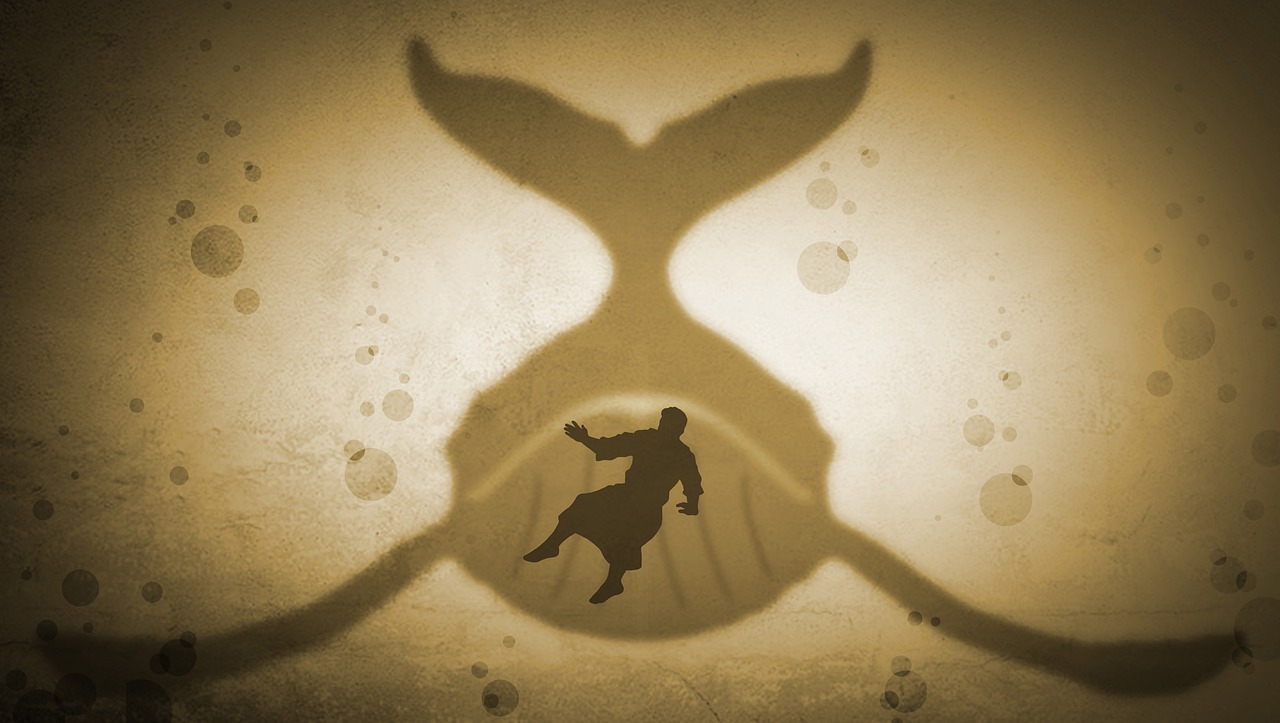Today I want to speak to you about one of the most profound typologies of redemption found in the Holy Scriptures: the Sign of Jonah. The story of Jonah is important, not only because it tells of a miraculous deliverance from the belly of a great fish, but because it points to the ultimate deliverance that comes through Christ.
In the Gospel of Matthew, the Pharisees and scribes asked Jesus for a sign, and He replied, “An evil and adulterous generation seeks after a sign, and no sign will be given to it except the sign of the prophet Jonah. For as Jonah was three days and three nights in the belly of the great fish, so will the Son of Man be three days and three nights in the heart of the earth” (Matthew 12:39-40 KJV).
What did Jesus mean by this? He was referring to the typology of Jonah’s story, which foreshadows His own death, burial, and resurrection. Let us examine the story of Jonah and how it points to Christ.
First, we see that Jonah was called by God to preach repentance to the people of Nineveh, but he ran away from God’s command and ended up in the belly of a great fish. Similarly, Christ was sent by God to preach repentance to the world, but the world rejected Him and He was crucified, buried, and descended into the depths of the earth.
Second, we see that Jonah was delivered from the belly of the fish after three days and three nights. Similarly, Christ rose from the dead on the third day, victorious over sin and death.
When we look at Jonah’s story, we see that he died in the great fish, and was buried as described in Jonah 2:6-7, 10: ‘I went down to the bottoms of the mountains; the earth with her bars was about me for ever: yet hast thou brought up my life from corruption, O Lord my God’. God’s mercy reached down and saved him. In the same way, Christ died on the cross and was buried in a tomb, but God’s mercy raised Him from the dead on the third day. The depths of the earth and the bars of death could not hold Him.
But there’s one more aspect of Jonah’s story that we must examine. After he was delivered from the fish, God told him to arise and go preach to the people of Nineveh a second time. This is found in Jonah 3:1, which says, ‘And the word of the Lord came unto Jonah the second time, saying, Arise, go unto Nineveh, that great city, and preach unto it the preaching that I bid thee’ (KJV). What an amazing thing! If Jonah wasn’t going to obey God in life, then God spoke life back into Jonah from death.
Similarly, when Christ rose from the dead, He didn’t just ascend into heaven and leave us to figure out what to do. He gave us a mission: to go into all the world and preach the Gospel to every creature (Mark 16:15). And just like Jonah was given a second chance to fulfill his mission, we too have been given a second chance through Christ’s resurrection. We have been given new life and a new purpose, to share the good news of salvation with the world.
But the typology of Jonah’s story doesn’t end there. We can also see the parallels in Jonah’s message to the people of Nineveh and Christ’s message to the world. Jonah warned the people of Nineveh of impending judgment and called them to repentance, and they responded by turning to God and being saved. In the same way, Christ preached repentance and salvation to the world, warning of the coming judgment and offering a way of escape through belief in Him. Those who heed His message and turn to Him in repentance are saved from the penalty of their sins and given eternal life.
The Sign of Jonah is a powerful typology of redemption that points us to the ultimate deliverance that comes through Christ. Just as Jonah was delivered from the belly of the fish, Christ was raised from the dead on the third day, victorious over sin and death. And just as Jonah was given a second chance to fulfill his mission, we too have been given a new life and a new purpose through Christ’s resurrection. Let us take this message of salvation to the world, and may God’s mercy and grace continue to reach down and save those who turn to Him in repentance.

